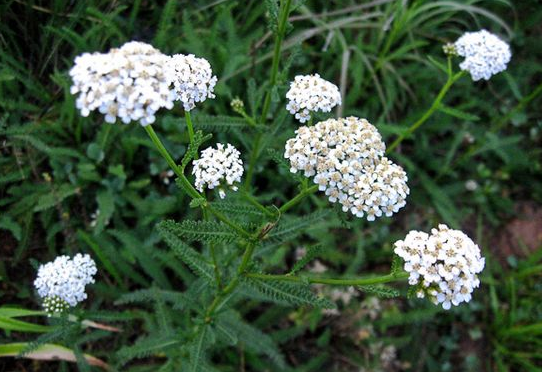Health benefits of Marjoram herb
Sweet marjoram is one of very popular herb, especially in Mediterranean region. It was used in ancient times by the Greeks to make wreaths and garlands and was believed as a symbol of peace, harmony and happiness.
The herb contains many notable phyto-nutrients, minerals and vitamins that are essential for optimum health and wellness.
The herb parts contain certain chemical constituents like eugenol sabinene, a -terpinene, cymene, terpinolene, linalool, cis-sabinene hydrate, linalyl acetate, terpinen-4-ol and terpineol. These compounds are known to have anti-inflammatory and anti-bacterial properties.
Fresh herb has high levels of vitamin C (ascorbic acid); provide 51.4 µg or 86% of RDA per 100 g. Vitamin C is one of the powerful natural anti-oxidant help remove harmful free radicals from the body. Ascorbic acid also has immune booster, wound healing and anti-viral effects.
Marjoram herb contains exceptionally high levels of beta-carotene, vitamin A, cryptoxanthin, lutein and zea-xanthin. Carotenes, xanthins and lutein are powerful flavonoid anti-oxidants. Together, these compounds help act as protective scavengers against oxygen-derived free radicals and reactive oxygen species (ROS) that play a role in aging and various disease processes.
Vitamin A is known to have antioxidant properties and is essential for healthy eye-sight. It is also required for maintaining healthy mucus membranes and skin. Consumption of natural foods rich in vitamin A and carotenes are known to help the body protect from lung and oral cavity cancers.
Zea-xanthin, an important dietary carotenoid, selectively absorbed into the retinal macula lutea in the eyes where it is thought to provide antioxidant and protective light-filtering functions. It has proven beneficial action against age-related macular disease (ARMD) especially in the elderly.
Sweet marjoram is one of the richest herbal sources for vitamin K; provide about 518% of recommended daily intake. Vitamin-K has a potential role in bone mass building by promoting osteotrophic activity in the bones. It also has established role in the treatment of Alzheimer’s disease by limiting neuronal damage in the brain.
Marjoram herb has a good amount of minerals like iron, calcium, potassium, manganese, copper, zinc and magnesium. Potassium is an important component of cell and body fluids, which helps control heart rate and blood pressure. Manganese is used by the body as a co-factor for the antioxidant enzyme, superoxide dismutase.
Furthermore, its leaves are an excellent source of iron, contains 82.71 mg/100 g (about 1034% of RDA). Iron is an important co-factor for cytochrome oxidase enzyme in the cellular metabolism. In addition, being a component of hemoglobin inside the red blood cells, it determines the oxygen-carrying capacity of the blood.

